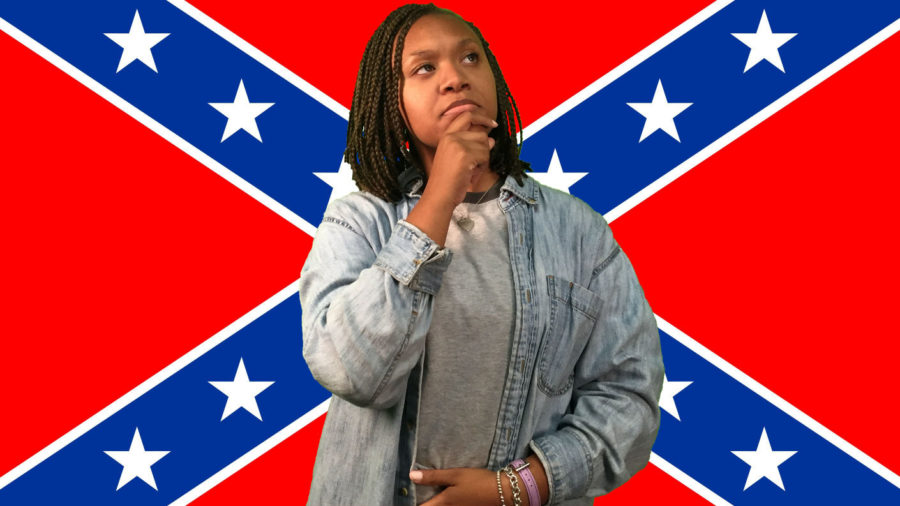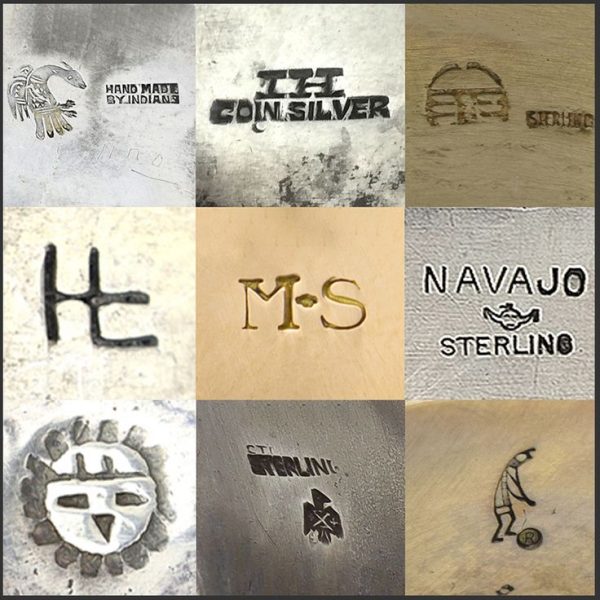Op Ed: The problem with claiming hate as heritage
November 3, 2015
In the new age where many Americans feel as though people are offended too easily and take things too seriously, it’s hard to draw the line between unnecessary outrage and intended offense. Many people are quick to find the “outrage police” at the slightest of instances. This is most prominent in discussions about race and race relations, where one party feels that their grievances are justified and the other party thinks it’s not a big deal and that people should just calm down.
Specifically when talking about race issues, the one argument that always ruffles feathers is the use of the Confederate flag. Some white Americans feel as though the flag is a symbol to remember the past, some are indifferent to the cause and some see it for its true purpose- as a symbol of hate and oppression.
Growing up as a black child in Texas, I was accustomed to the image of the Confederate flag, even in a city as liberal as Houston, which currently has an openly gay mayor, (Annise Parker). I was very naïve and nonchalant about the flag, not fully understanding the history and symbolism that it holds. I knew that it was one that was strictly for white Americans, but I saw it as just another flag in Texas. As I grew older and was able to navigate and understand the world for myself, I began to see the real meaning behind such an ugly symbol.
One argument that comes from supporters is the “heritage not hate” slogan, but many must realize that the heritage that they claim is based on hate. Another obvious defense is that the Confederate flag was never the official flag of the Confederacy. While this may be true, it is the flag that became the most prominent after the South lost the Civil War. The last argument that is brought up brings me to my first point. The Confederacy lost you guys, its time to move on. No other country still allows the losing opposition’s symbol to be upheld once the war is over. To quote Ben Stiller in “Night at the Museum”, “The South lost, slavery is bad. Get over it.”
The biggest theme the flag represents is the violent racist history of the south (primarily) toward blacks. While the Ku Klux Klan was running amuck in the south covered in white sheets, they were carrying this flag. Race relations may be slightly better than they were 50 years ago, but they are by no means even close to being resolved and racism is not over, despite what your textbooks may imply.
The Civil Rights Movement, which heightened in the late 1950’s to 1960’s, may seem very far removed by some, but many of us are just one generation from it, and many of the activists of that time (Rev. Jesse Jackson, Al Sharpton, etc.) are still alive. I am only generation removed from the Jim Crow South. My mother’s school wasn’t integrated until she was in elementary school, which was about 20 years after the Brown vs. Board of Education ruling of 1954, and my dad’s wasn’t integrated until he was in high school.
For those who haven’t read any history book ever, the Jim Crow Era was a time of legal oppression and open hatred and racism toward people of color, specifically toward blacks. This time lasted from the Plessy vs. Ferguson Supreme Court case of 1890, which ruled that segregation was constitutional, and continued until the beginning of the Civil Rights Movement. During this time, African Americans were often targeted by white racists, having to endure the physical and emotional torture of living in the Jim Crow South. While my parents have never gone into great detail about living in the south during such a tumultuous time, they have shared stories which fully justify their hatred and disdain for the Confederate flag.
Because people like my parents are still around, that flag still strikes terror in their hearts. As a black woman, I am more in fear for my life when I see a middle aged white man displaying the flag than I am of walking through a dangerous neighborhood at night. Because of its history, it has been ingrained into many black men and women that a person who supports the flag is someone we should fear because they support a southern “heritage” based on deep hatred for our skin color.
On the evening of June 17, 2015, Dylan Roof walked into Emmanuel African Methodist Episcopal (A.M.E.) Church, a historically black church in Charleston, South Carolina, for what members believed was a normal night of Bible study. That night, Roof shot and killed nine members of the church in cold blood simply because they were black. When police investigated roof’s online activity, the confederate flag and hatred of black people were active themes of his online profile. Now I know (hopefully) everyone who supports the flag doesn’t want to kill black people because they’re black, but that is the message you’re presenting when you wave that flag- “I’m proud of the south because they fought to keep you in chains.”
In the aftermath of the massacre, the calling for the removal of Confederate paraphernalia has risen. South Carolina has removed theirs from flying over the state capital, while five other states, Alabama, Arkansas, Georgia, Florida and Mississippi, still have Confederate symbolism in their flags. All five of those states have reported numerous active documented hate crimes toward black Americans every year.
Now I know I can’t change your ideology in just one article, but consider this: before Adolf Hitler contorted the swastika to be the symbol of the Nazi party in Germany, it was a Hindu symbol to celebrate Diwali. In the aftermath of World War II, when the Hindi people saw what the sign came to symbolize, most collectively agreed to stop using it because while the symbol was once sacred, its new meaning was one of hate. It didn’t matter what it had been, it mattered what it had become. Why can’t we do the same?






VK • Sep 28, 2016 at 4:05 AM
Um on your last point, I’ll have to say, What? Hindus have never given up on the use of the Svastika. It’s used commonly in India and in many places that Hindus reside. Further it’s their right to use it. Just because some random white guy decided to appropriate it and committed atrocities doesn’t mean that Hindus have to give up their heritage.
Please find someone else to use for your base arguments.
Connor W • Sep 12, 2016 at 6:57 PM
The reason why we can’t do the same is because the government can’t not officially ban the flag for 1st amendment reasons. Private sector stores can stop selling the flag which means more money for stores that want to sell the flag. I can understand not flying the flag on public or government property but on private property that different. Not every piece of land is public property. Also just because you can see the flag doesn’t mean it’s automatically public property and demand it to be taken down. You have to understand freedom of speech and private property rights are greater then your feelings. I get offended when I see the Irish republic flag because it reminds me of IRA terrorism and killing Ulster-Scots which is my heritage and my neighbor fly the flag but I don’t demand them to take it down or steal it because I know it’s not my place too. The battle flag is the St Andrew Cross which that symbol is also part of the Ulster-Scot heritage. my dad home town in Virgina had a similar problem like in SC and they took down the third national flag, so supporters of the flag decided to lease some private land and now they fly 14 big confederate flags all over the city and The city or state can’t do anything about it.